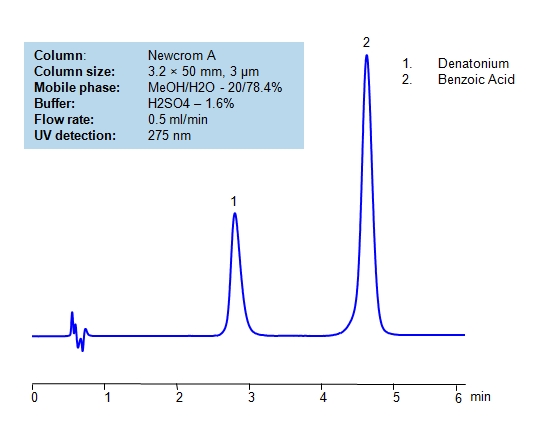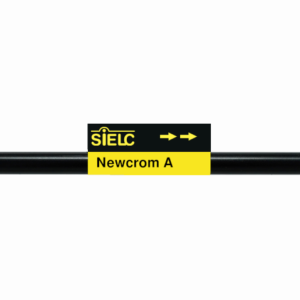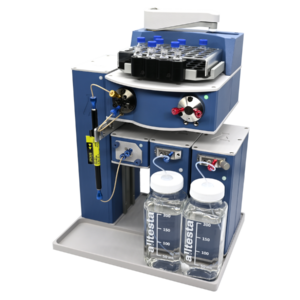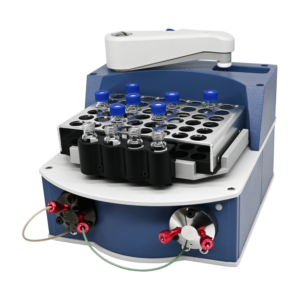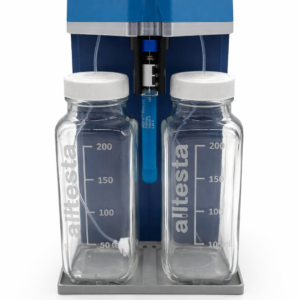HPLC Method for Denatonium benzoate, Benzoic Acid on Newcrom A by SIELC Technologies
High Performance Liquid Chromatography (HPLC) Method for Analysis of Denatonium benzoate, Benzoic Acid
Denatonium benzoate, also known as Denatonium, is the bitterest chemical that is safe to be ingested. It is often used as a bittering agent to antifreeze, detergents, and cosmetics to prevent consumption. Even low concentrations of it can cause am incredibly bitter taste. In France and Italy it is mandatory to add Denatonium to antifreeze. It has the chemical formula C₂₈H₃₄N₂O₃.
Benzoic Acid is an organic compound with the chemical formula C7H6O2. It is considered to be the simplest aromatic carboxylic acid. In nature, it can be found in many plants, especially berries. It is used for food preservation of food, as it can inhibit growth of bacteria and mold. While it is safe in food, it can cause irritation to skin, eye, and respiratory systems.
Denatonium benzoate, Benzoic Acid can be retained and analyzed using the Newcrom A stationary phase column. The analysis utilizes an isocratic method with a simple mobile phase consisting of water and acetonitrile (MeCN) with a sulfuric acid buffer. Detection is performed using UV.
| Column | Newcrom A, 3.2 x 50 mm, 3 µm, 100 A, dual ended |
| Mobile Phase | MeOH/H2O – 20/78.4% |
| Buffer | H2SO4 – 1.6% |
| Flow Rate | 0.5 ml/min |
| Detection | UV 275 nm |
| Class of Compounds |
Drug, The bitter chemical compound, Basic, Hydrophobic, Ionizable |
| Analyzing Compounds | Denatonium benzoate, Benzoic Acid |
Application Column
Newcrom A
Column Diameter: 3.2 mm
Column Length: 50 mm
Particle Size: 3 µm
Pore Size: 100 A
Column options: dual ended
Denatonium benzoate

